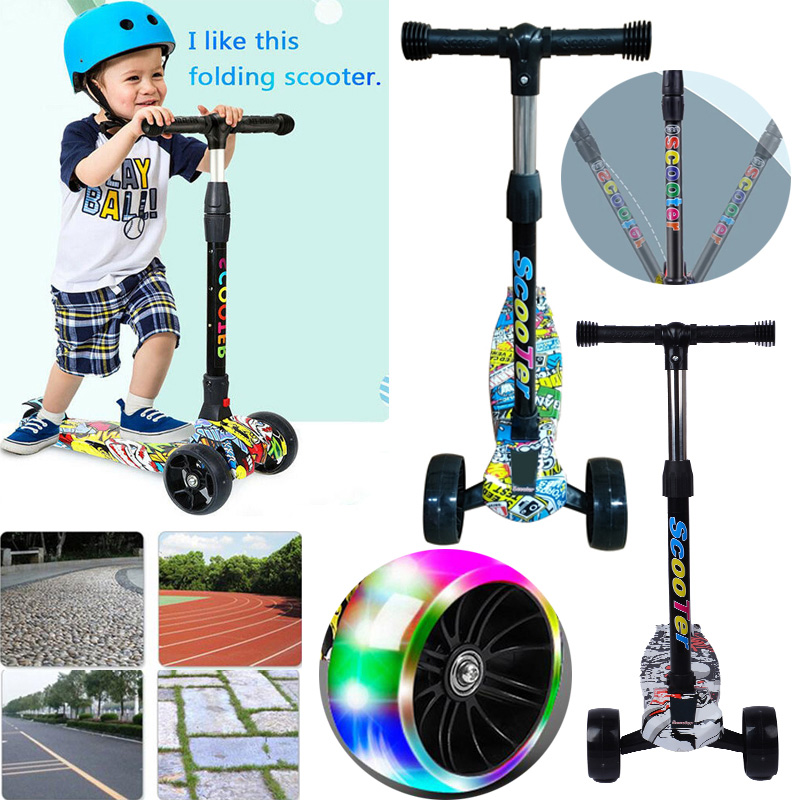The Rise of Commuter Kick Scooters A Sustainable Urban Mobility Solution
In recent years, urban transportation has witnessed a paradigm shift, driven by technological innovation and an increasing need for sustainable travel options. Among the multitude of solutions emerging, commuter kick scooters have gained significant popularity as an efficient, eco-friendly, and accessible mode of transportation. As cities grapple with traffic congestion, pollution, and public transit inefficiencies, these compact vehicles are carving out a niche as a viable alternative for daily commuters.
Commuter kick scooters, often electric, have transformed the way people navigate through city streets. Their lightweight design allows riders to weave through traffic and reach their destinations faster than traditional forms of transportation. Unlike cars or buses, which are often stuck in congestion, kick scooters offer the advantage of maneuverability, allowing commuters to bypass traffic jams and take more direct routes. This becomes particularly appealing during rush hours when gridlocks can lead to frustrating delays.
One of the most significant benefits of commuter kick scooters is their positive environmental impact. With the global emphasis on reducing carbon emissions and combating climate change, two-wheeled transport options present a cleaner alternative to gas-powered vehicles. Electric kick scooters produce zero tailpipe emissions, contributing to improved air quality in urban areas. Furthermore, they encourage a shift away from the reliance on fossil fuels, aligning with the growing trend toward sustainable living.
The convenience these scooters offer cannot be overstated. Many cities have seen the advent of scooter-sharing programs, which allow users to rent scooters on-demand through mobile apps. This flexibility not only reduces the need for personal vehicle ownership but also enables individuals to travel short distances efficiently without the burden of maintenance costs. Riders can pick up and drop off scooters at designated locations, making it easy to integrate scooter use into existing commuting patterns.
commuter kick scooter

However, the rise of commuter kick scooters has not been without challenges. Safety concerns often top the list, as riders share road space with cars, cyclists, and pedestrians. Accidents can occur, leading to injuries that have raised questions about the regulation and infrastructure needed to support scooter use in busy urban environments. Many cities are developing guidelines to ensure rider safety, including helmet laws and designated scooter lanes. Education campaigns promoting safe riding practices are also essential in addressing these concerns.
Another challenge is the issue of scooter clutter and responsible parking. With the influx of scooter-sharing companies, many cities have reported instances of scooters being left haphazardly on sidewalks or in other pedestrian pathways, creating obstacles and potential hazards. As a result, municipalities are working to establish clear guidelines for parking, encouraging users to respect public spaces and help maintain order.
Despite these challenges, the future of commuter kick scooters appears bright. Advances in technology are leading to improved designs, longer battery life, and more robust safety features. Additionally, cities are increasingly recognizing the role of micro-mobility solutions in their transportation planning strategies. Integrating kick scooters into public transit systems and creating dedicated scooter lanes can enhance the overall commuting experience, making it safer and more efficient for everyone.
As urban areas continue to evolve, the push for sustainable and convenient transportation options will remain at the forefront of planning initiatives. Commuter kick scooters represent an innovative, agile solution that addresses many of the pressing issues plaguing modern cities. By fostering a culture that embraces these vehicles, we can pave the way for cleaner air, reduced traffic congestion, and a more connected community.
In conclusion, commuter kick scooters epitomize the convergence of technology, sustainability, and urban mobility. With their ability to navigate city streets efficiently while minimizing environmental impact, they are poised to play a pivotal role in the transportation landscape of the future. As urban dwellers increasingly seek out adaptable and eco-friendly commuting options, the popularity of kick scooters is likely to soar, creating a new chapter in urban transport.
-

 Scoot&RideKids Child Kick Push Scooter 3 Wheels with LED Flashing Tilt Lean Boys Girls Scooter
Scoot&RideKids Child Kick Push Scooter 3 Wheels with LED Flashing Tilt Lean Boys Girls Scooter




- 4
$33.17 -

 Scoot&RideKids Scooter Child Kick Flashing LED Light Up 3 Wheel Push Adjustable Folding 3
Scoot&RideKids Scooter Child Kick Flashing LED Light Up 3 Wheel Push Adjustable Folding 3- 0
$25.52 -

 Scoot&RideKids Scooter Child Kick Flashing LED Light Up 3 Wheel Push Adjustable Folding 2
Scoot&RideKids Scooter Child Kick Flashing LED Light Up 3 Wheel Push Adjustable Folding 2- 0
$33.17 -

 Scoot&RideKids Scooter Teens Foldable Kick Push Scooter Adjustable Height Safe 2 Wheels
Scoot&RideKids Scooter Teens Foldable Kick Push Scooter Adjustable Height Safe 2 Wheels




- 4
$49.99
Meet our partners and discover what powers their creativity!
When you register for a Lohas scooter, you will receive a 10% discount on your first order and can be notified of sales, new product launches and other offers in advance.









